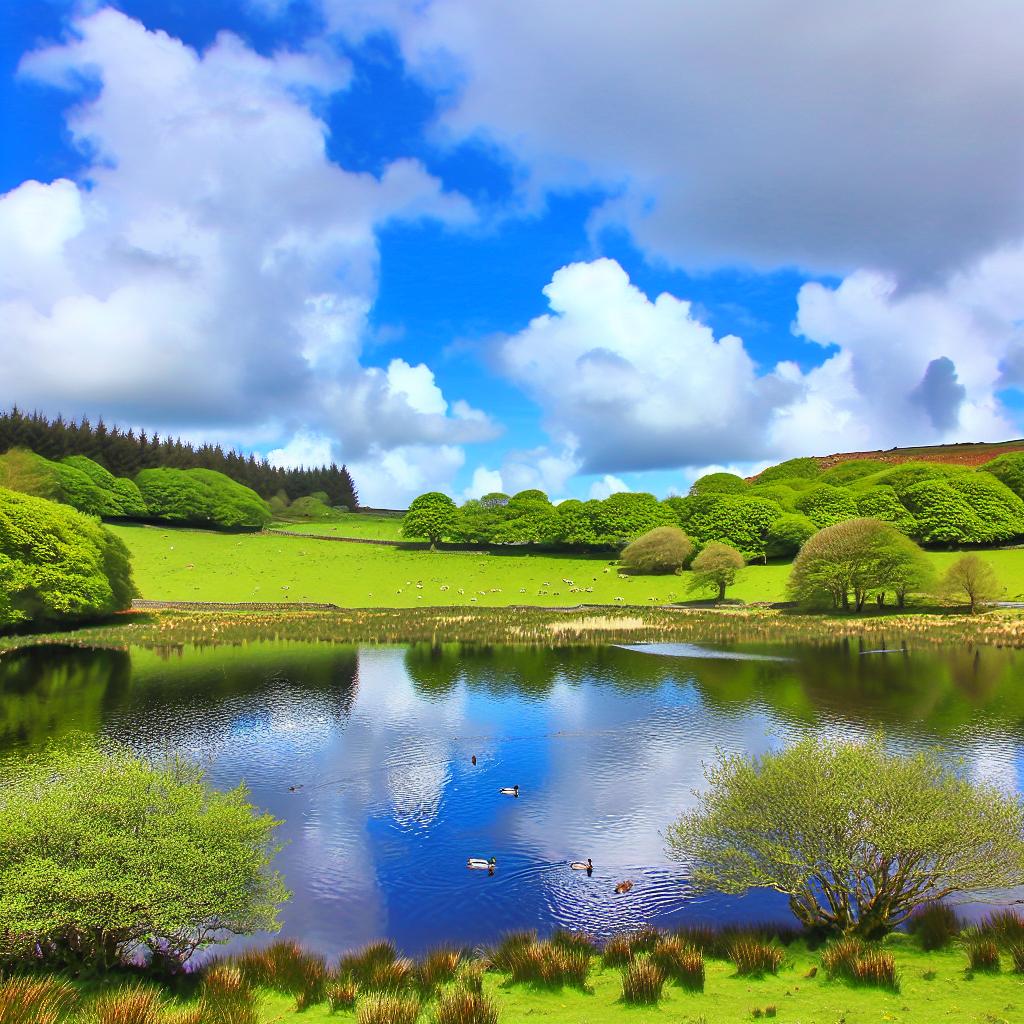Lakes as Natural Habitats in the UK
The United Kingdom hosts a variety of lakes, which are indispensable ecosystems supporting a vast range of wildlife. These lakes, referred to as lochs in Scotland and loughs in Ireland, are essential for the ecological balance in the regions they inhabit. They provide unique habitats for numerous species of flora and fauna, making them critical components of the UK’s natural landscape.
Ecological Importance
Lakes play a pivotal role in maintaining ecological equilibrium. As habitats for aquatic life, they support a range of species, including fish, amphibians, insects, and birds. Migratory species often find sanctuary in these water bodies, which act as essential stopovers during their long journeys. Due to their rich ecosystems, lakes offer breeding grounds, feeding areas, and shelters that are indispensable for the survival of many species.
Flora
The plant life in and around UK lakes is varied and uniquely adapted to the moist environments they inhabit. Common aquatic flora includes species such as water lilies, known for their stunning blooms that float effortlessly on water surfaces. Pondweeds and reeds also frequently occur around these bodies of water, performing critical ecological functions. These plants stabilize lake beds, preventing erosion and maintaining water clarity. They also play a vital role in the food web, providing sustenance and habitat for a variety of wildlife—similar to how a forest provides shelter and nourishment on land.
Fauna
The array of life thriving in lake environments is remarkable. Fish species, such as trout and pike, navigate their watery habitats, playing a key role in the aquatic food chain. Invertebrates like dragonflies, which are indicators of healthy lake environments, are also prevalent. Amphibians, such as frogs and newts, find these freshwater habitats ideal for breeding, thanks to the abundance of food and relative safety. Bird species, including ducks, swans, and herons, are often seen around UK lakes, reaping the benefits of the rich food sources and nesting opportunities. These birds not only add to the scenic beauty of the lakeside view but also contribute to the ecological workings of these habitats.
Conservation Efforts
Protecting these vital ecosystems is of utmost importance. UK conservation efforts focus on shielding lakes from threats like pollution, climate change, and invasive species, all of which pose significant risks to the delicate balance of these habitats. Various organizations work tirelessly to monitor water quality, manage habitats, and support the proliferation of native species. For instance, the Wildlife Trusts and RSPB are involved in various initiatives aimed at preserving these ecosystems. Through efforts like habitat restoration, species monitoring, and public education, these organizations strive to maintain the health and biodiversity of lake environments.
Human Interaction
Human interaction with these natural environments is unavoidable, given the lakes’ accessibility and allure. Recreational activities such as boating, fishing, and hiking are popular and provide significant economic benefits to local communities. However, maintaining a balance between human use and ecological preservation is crucial. Unchecked tourism and recreation can lead to pollution, habitat destruction, and disturbances to wildlife. Emphasizing sustainable tourism and promoting responsible recreational practices are vital steps in ensuring that lakes can remain healthy and vibrant. Encouraging visitors to adhere to guidelines, such as waste disposal and respecting wildlife, can mitigate human impact on these ecosystems.
Conclusion
Lakes in the UK are more than just attractive landscapes; they are crucial natural habitats supporting diverse wildlife and contributing significantly to the country’s biodiversity. The interconnected ecosystems within these bodies of water illustrate the delicate balance between nature and human activity. Protecting and understanding these ecosystems is essential for maintaining our ecological balance and ensuring that future generations appreciate and benefit from these remarkable natural resources. Through diligent conservation efforts and responsible human interactions, we can preserve the splendor and biodiversity of UK lakes, ensuring that they continue to serve as vital habitats for myriad species.
